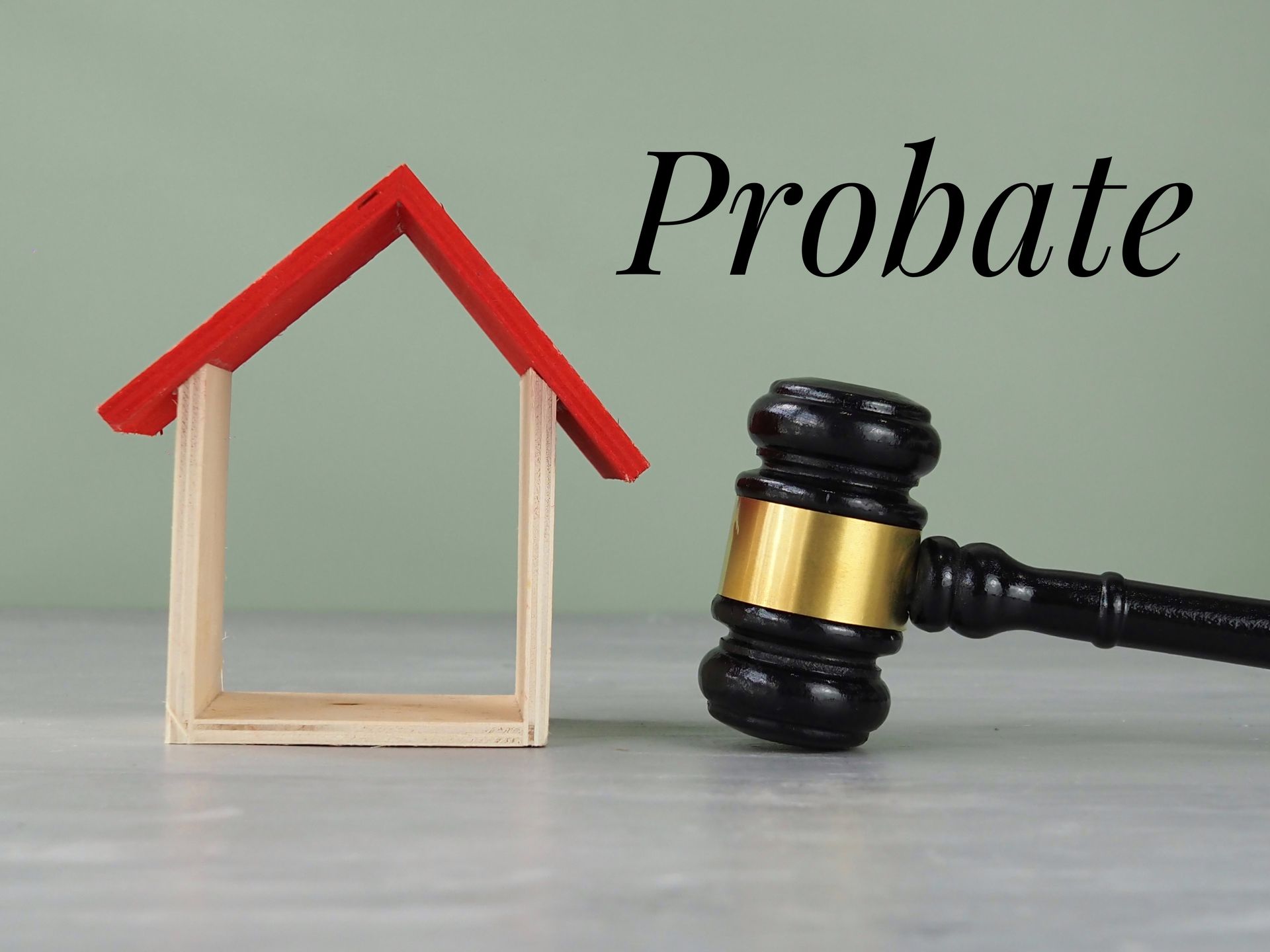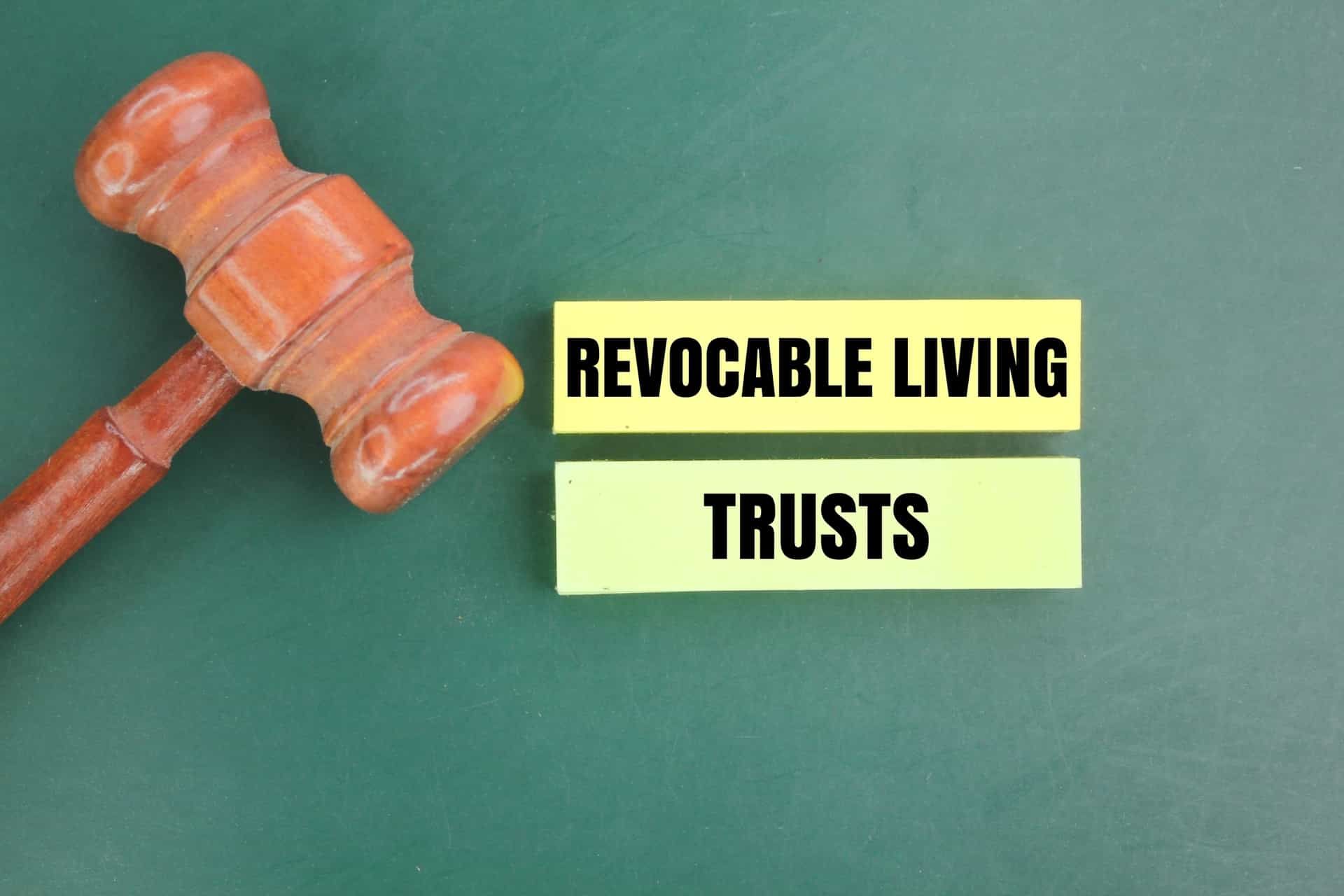Florida Probate Laws - Rules And Processes You Need To Know
Regardless if you’re just creating your estate plan and want to be familiar with what will happen once you pass away, or simply want to learn more about it because you’ve just suffered a death in the family and are preparing for probate, this article is for you.
Continue reading and you’ll learn the basic Florida probate laws and discover methods that may help in avoiding probate in Florida altogether.
What is probate?
Probate is a court-supervised legal procedure during which assets belonging to a deceased individual are distributed to the legal heirs.
The person at the center of the proceedings is a personal representative - a person assigned by the court to carry out the terms outlined in the will. Generally, the court will appoint an individual named in the will. If the decedent passed away without a will, the court may assign the most suitable person to coordinate all estate matters.
During probate, the personal representative will compile assets, which often includes valuing belongings and creating an inventory of all the assets in the estate. They also need to pay off any taxes, creditor bills, and other expenses associated with the decedent. According to Florida probate laws, the personal representative is responsible for notifying creditors via a written notice.
Lastly, it’s also necessary to distribute the estate according to the decedent’s wishes (or intestacy laws if there is no will), after all the expenses are accounted for.
Types of Probate
Under Florida probate laws, probate can fall into three categories:
1. Formal Administration
Formal administration, or formal probate, in short, is the standard type. Taking place in the local circuit court in the county where the decedent resided, formal probate is initiated as soon as the decedent passes away for all estates exceeding $75k in value.
2. Summary Administration
Available for estates where the assets are valued under $75k and in cases where the death occurred over 24 months ago.
Summary administration is often referred to as an expedited version of the standard probate.
3. Disposition Without Administration
Disposition without administration is conducted when the decedent leaves no real estate and their other assets don’t exceed the amount of the final expenses after the probate is over. Put differently, it’s the only recourse for families for whom standard probate is financially unfeasible.
Timeline For Probate In Florida
Florida probate laws outline a set of steps that must be followed during the legal process. Here’s a timeline of events during probate:
1. Filing The Will
A family member or the estate attorney must file the will with the probate court, followed by filing a petition for administration - a formal request to start the probate process.
2. Appointing A Personal Representative
The court will then appoint a personal representative who will gather and distribute the decedent’s assets. As we said previously, this individual is named in the will.
3. Confirming The Will’s Validity
It’s also necessary for the court to check if the will was properly executed. In other words, the court will determine if the will is signed, notarized, witnessed, and filed without any undue influence. This step usually occurs early in the process but it can also take place at a later date.
4. Notifying Creditors
The personal representative also must publish a formal notice to creditors, which informs any creditors of the decedent’s death and invites them to recover their debts during probate. If a creditor is not adequately notified when the probate starts, they are not able to make any future claims.
Per Florida probate law, this notice must be posted weekly for two weeks in the newspaper within the county where the probate is taking place.
Families are required to provide proof of the notice’s publication to the court.
5. Accounting
It’s mandatory to account for the assets belonging to the estate. This can be quite extensive and requires the personal representative to provide receipts of all estate transactions and list all reimbursements.
As soon as the assets are properly inventoried, the estate must notify creditors and other interested parties that this step has been completed, allowing them to start filing claims.
Interested parties have 30 days from this date to file a dispute, otherwise, they lose their right to recover debts.
Once these 30 days have passed, the court will hold a hearing where they’ll authorize the accounting.
6. Closing The Estate
When the accounting is cleared, the personal representative will distribute the remaining assets. This is followed by filing a petition for discharge, thereby settling the estate and finishing probate.
Methods Of Avoiding Probate In Florida
As you can see, the entire process can take a long time and cost the family a lot of money. While it’s impossible to avoid probate after the decedent has died, through smart estate planning, individuals can see to it that their assets don’t have to enter probate after they pass away.
Here are some of the most common ways to achieve this goal:
- Placing assets inside a living trust
- Leveraging joint ownerships or joint tenancy
- Using gifts
- Making use of “lady bird” deeds
- Registering assets as transfer-on-death
- Using payable-on-death designations
For a more detailed explanation of these estate planning strategies, check out
this article.
Plan for The Future
The probate process tends to put a huge financial and emotional burden on a family, especially if the estate exceeds $75k in value.
To provide your family with the opportunity to grieve in peace, ensure their financial security, and maximize your estate, you should create an estate plan immediately.
Since Florida probate laws are complex and putting together an effective estate plan requires a keen eye for detail, you want to work only with experienced legal professionals.
Fortunately, you don’t need to look far or spend exuberant amounts of money to acquire top-notch legal services - attorneys at
Doane & Doane are always ready to serve the fine citizens of Florida and help them get their matters in order.
Our staff is driven by genuine concern and care for clients, and are always ready to deliver legal services in sensitive matters such as estate planning.
Schedule an appointment - call
561-656-0200 or fill out our
contact form.
Note:
The information in this blog post is for reference only and not legal advice. As such, you should not make legal decisions based on the information in this blog post. Moreover, there is no lawyer-client relationship resulting from this blog post, nor should any such relationship be implied. If you need legal counsel, please consult a lawyer licensed to practice in your jurisdiction.
Disclaimer: The information on this website and blog is for general informational purposes only and is not professional advice. We make no guarantees of accuracy or completeness. We disclaim all liability for errors, omissions, or reliance on this content. Always consult a qualified professional for specific guidance.
RECENT POSTS
CONTACT US
We will get back to you as soon as possible.
Please try again later.
GET IN TOUCH
We will get back to you as soon as possible.
Please try again later.
Quick Links
Practice Areas
Contact Us
Palm Beach Gardens office:
2979 PGA Boulevard #201,
Palm Beach Gardens, FL 33410
All Rights Reserved.
Website Designed & Managed by Oamii.






